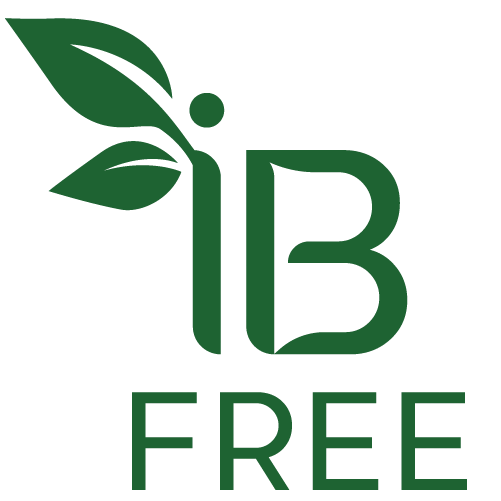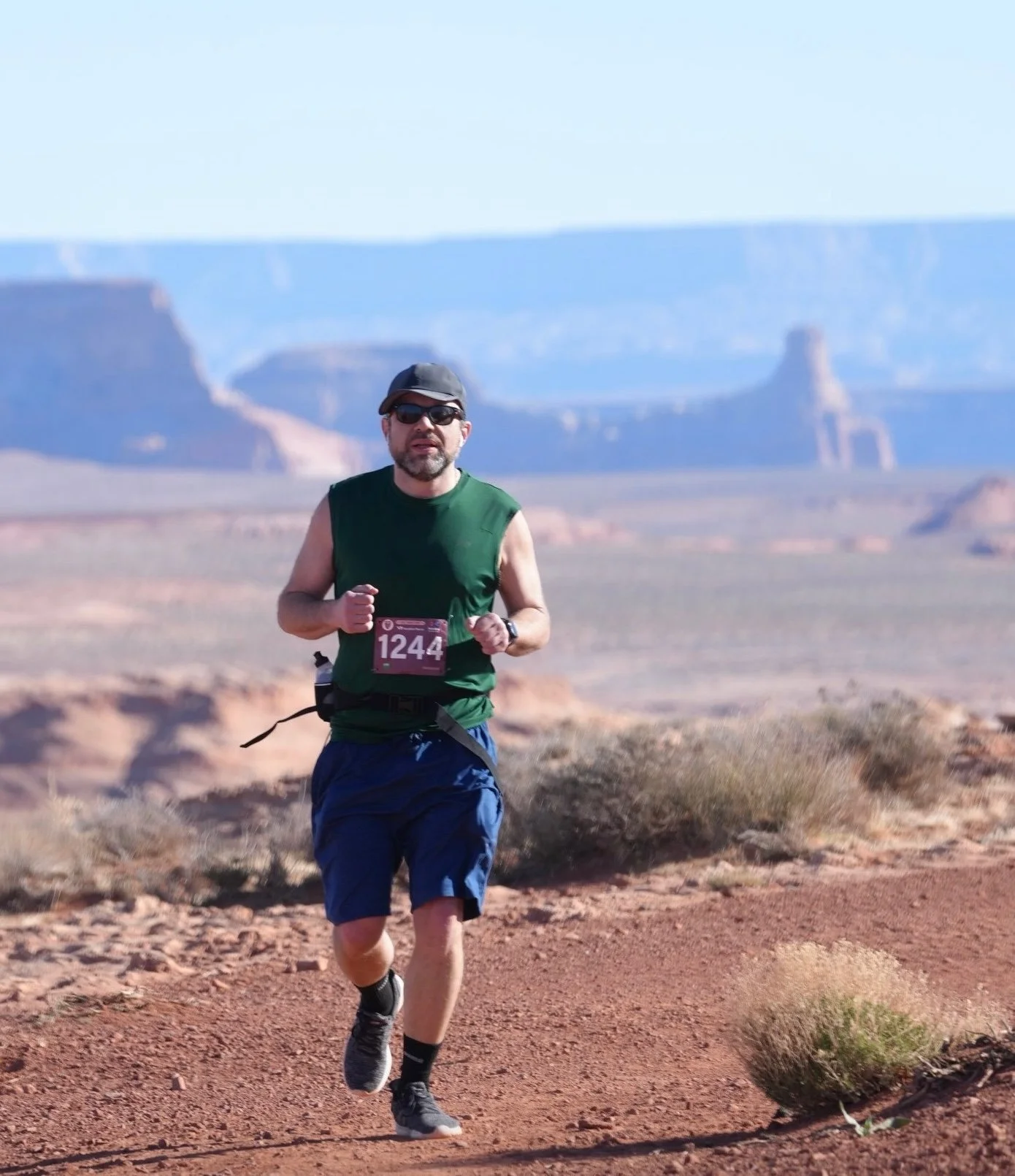It’s Not BS… It’s IBS: How the Pandemic Triggered My Gut Spiral
It’s Not BS… It’s IBS
When the world shut down in early 2020, most people were consumed by one question: how do I avoid catching COVID-19? We sanitized groceries, hoarded hand wipes, and created six-foot bubbles. But inside my apartment, a different kind of alarm bell was ringing. My gut, once reasonably predictable, had gone rogue—and it wasn’t going back to normal.
The First Signs (and Denials)
It started small. A little bloating here, a cramp there. I brushed it off as stress or bad takeout. But within weeks, I was living in digestive chaos:
Intense stomach cramps with always-present pain
Diarrhea, followed by continued need to defecate
Bloating so severe it felt architectural
Constipation that left me breathless
Daily rectal bleeding
Bone-deep fatigue and nausea
This wasn’t just discomfort—it was an all-systems revolt. I felt hijacked by my own gut.
[See: Understanding IBS and IBD: The Essentials, Differences, and What Can Be Done]
Was It the Virus? Or Just the Vibe?
Here’s the strange part: I hadn’t had COVID. I had a nasty cold in early 2020 but never tested positive. My IBS symptoms started pre-vaccines. So what set everything off?
Enter the hygiene hypothesis—the idea that our immune systems need regular microbe exposure to stay balanced. Months of sudden, sterile isolation, no public transport, no office germs, no restaurant bacteria, and suddenly my immune system had nothing to do but overreact. That overreaction, combined with stress and gut microbiome disruption, likely lit the fuse on my IBS.
[See: Could IBS Be an Autoimmune Response in Disguise?]
Medicine Wasn’t the Answer—At Least Not at First
I did what anyone does when their insides are in revolt: I sought help. Tests, scans, scopes, bloodwork. Nothing. Thankfully, no cancer or IBD. No parasites. No clear diagnosis. Just a dismissive “You have a nervous tummy. Maybe it’s IBS." [See: Breaking the Silence: Understanding and Addressing the Stigma of IBS]
Doctors gave me the usual mix—antispasmodics, laxatives, anti-diarrheal—but it was like chasing symptoms around a carousel. One med caused constipation, another bloating. I felt worse, not better.
Reclaiming My Body, One Step at a Time
Eventually, I got tired of reacting. I wanted to understand. I started keeping track—of symptoms, meals, moods. And I made big changes:
I Changed My Diet
I cut processed foods, gluten, dairy, and nuts. Some swear by keto or carnivore. Me? I found solace in rice, potatoes, and simple, low-FODMAP meals.
[See: Understanding FODMAPs: The Digestive Puzzle Behind IBS]
I Turned to Nature (and Science)
With a background in biology and patent law, I took a deep dive into studies on natural remedies. Slowly, I built a supplement routine—targeting inflammation, gut-brain communication, and microbial balance. It took trial, error, and stubborn optimism.
Exercise as Medicine
I started incorporating regular physical activity, progressing from walking to running. Running transformed my IBS management—I set modest goals, joined running groups, and eventually began participating in marathons. In 2023, I achieved a life goal: climbing Mt. Kilimanjaro (my IBS was never better, by the way). Regular intense exercise became my most effective strategy for managing IBS.
[See: Mindful Movement & Vigorous Exercise: A Powerful Combination for IBS Relief]
I Found Mindfulness in Unexpected Places
Meditation, deep breathing, yoga stretches, cold showers, nature. These weren’t just Instagram habits—they became lifelines.
[See: Breathing Through the Flare: The Wim Hof Method for IBS Relief]
Two Years Later: A New Normal
Rome wasn’t built in a day, as they say. It didn’t happen overnight. It wasn’t linear. But over two years, I:
Lost over 30 pounds
Dramatically reduced IBS symptoms
Stopped taking cholesterol and blood pressure meds while normalizing both blood pressure and cholesterol levels
Most importantly, I learned to trust my body—and to be gentler with it.
What Comes Next
This is just the beginning. In the next sections and with, I’ll unpack the specifics: IBS diets, supplements, training routines, stress-management techniques, and more. What helped me may also help others.T
This isn’t all in your head. And no—it’s not BS. It’s IBS.

